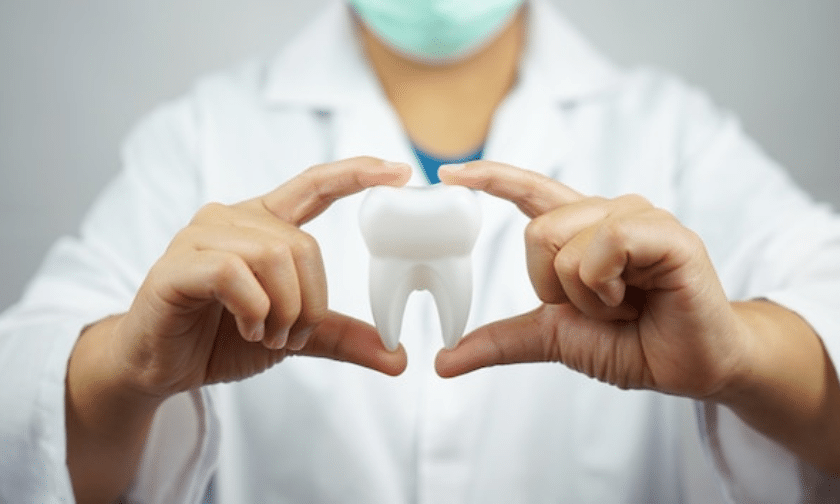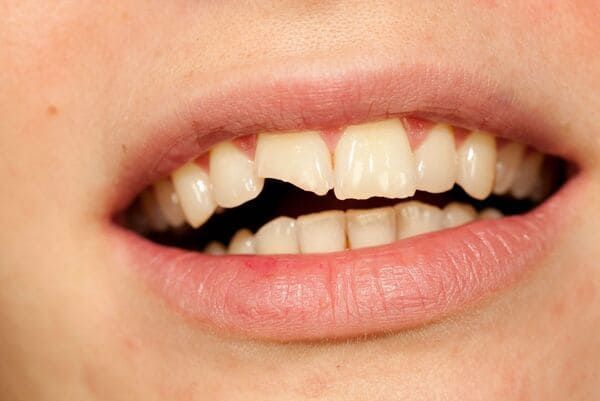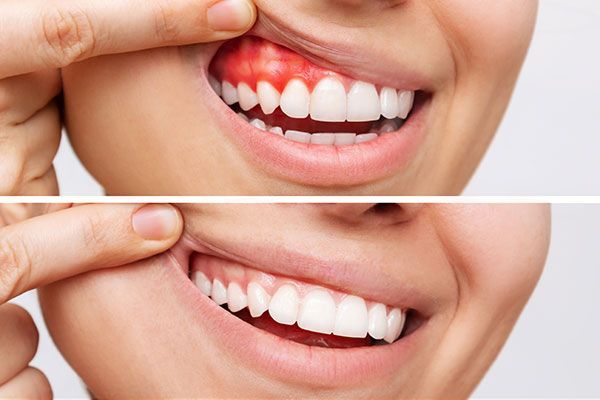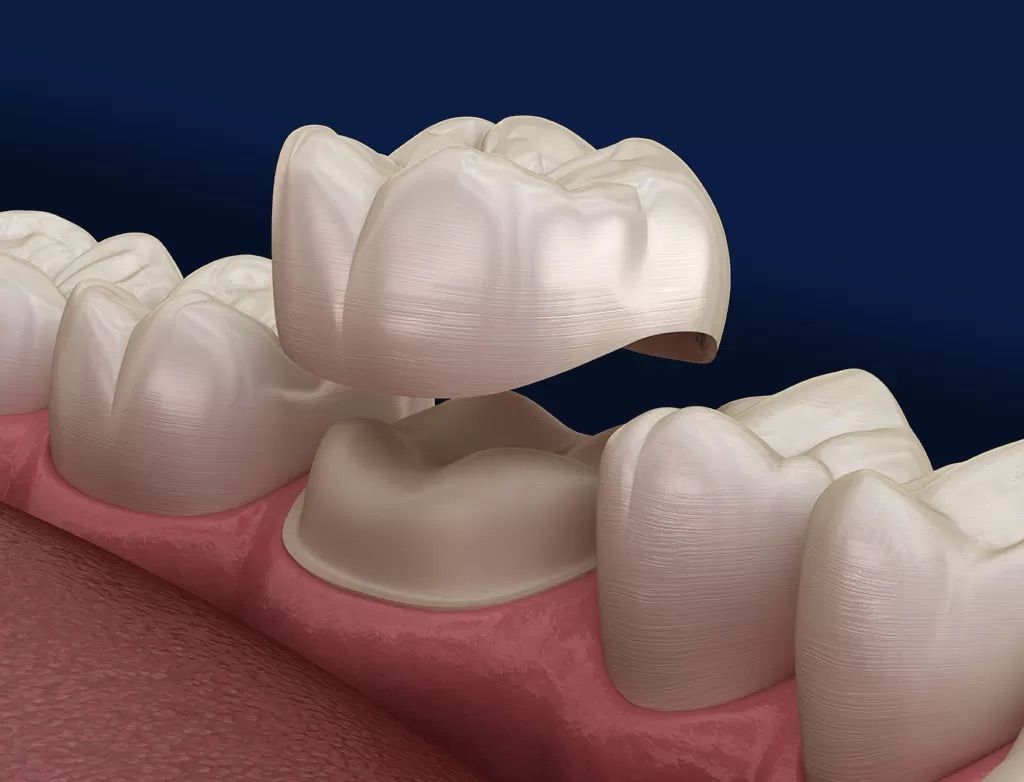7 Surprising Benefits of Flossing
When you go to the dentist, you can almost guarantee they will stress how important it is to floss. Sometimes when we hear the same things repeatedly, we stop paying attention.
While most of us know to floss because it removes food and plaque from between the teeth, the reasons for flossing go beyond simply food and plaque removal. Essentially it helps prevent disease in the mouth that can wreak havoc on the entire body.
So while flossing may not be directly related to preventing diseases, we do know reducing pathogenic inflammatory conditions in the mouth reduces your risk of developing or worsening diseases.
Here are 7 surprising benefits of flossing you may not know
1. Stroke and Heart Disease
There is a link between the bacteria in your mouth and heart disease. Unhealthy gums can allow bacteria to enter the rest of the body through bleeding gums, chewing, or daily brushing.
Plus, the immune system responds to the pathogens with inflammatory proteins that over time can damage the heart and blood vessels. This isn't a reason not to floss, but to floss consistently to reduce harmful bacteria.
2. Blood Sugar
Research has found a connection between diabetes and gum disease. Even more interesting is gum disease can cause blood sugar levels to rise, even in those without diabetes. Flossing does not directly manage blood sugar but does help prevent and manage gum disease.
3. Gum Disease
Flossing prevents gum disease. The benefits of flossing are far more significant than removing food particles. It also removes harmful bacteria, slows plaque growth, and prevents tartar formation.
Having a high number of pathogenic bacteria in the mouth increases the chances of these harmful bacteria settling into other areas of the body.
Secondly, the body's immune system responds to infection by sending out inflammatory proteins. These inflammatory proteins travel through our blood and over time break down the gum and bone in our mouth worsening gum disease.
4. Respiratory Illnesses
Flossing reduces the risk of respiratory diseases. According to the Thoracic Society and other studies, an unhealthy mouth increases respiratory illnesses because bacteria can enter the airway through inhaled tiny droplets.
This is most concerning in those with already compromised respiratory systems because their protective defenses of the lungs are less able to defend against pathogenic bacteria. Also, the inflammation caused by gum disease can worsen COPD and asthma.
5. SIBO
Flossing reduces the risk of SIBO (Small Intestinal Bacterial Overgrowth). SIBO can be caused by bacteria from the mouth traveling into the digestive tract. This can result in diarrhea, gas, bloating, abdominal pain, constipation, and malnutrition.
6. Bad Breath
Flossing prevents and improves bad breath by removing food particles and bacteria from your mouth and preventing the formation of tartar. Tartar is rough. It traps bacteria and pungent odors that you can't brush away. It's best to remove and prevent tartar with a solid flossing habit and regular dental cleanings.
7. Brighter Smile
Flossing prevents tartar from forming by removing plaque before it turns into tartar. Only a dental professional can remove tartar because it tenaciously fuses to the enamel. The rough surface of tartar holds stains, odor, and harmful bacteria.
Conclusion
The combination of inflammation and pathogenic bacteria can affect all body systems, either causing or worsening diseases in the heart and respiratory system, negatively influencing our blood sugar, and throwing our digestive flora out of balance.
When our gums become irritated and begin to bleed, this becomes a doorway for the unhealthy bacteria in our mouth to travel to other parts of the body.
While flossing isn't a cure for any disease, it's a simple preventative measure like washing our hands that is easy and helps us stay healthy.










